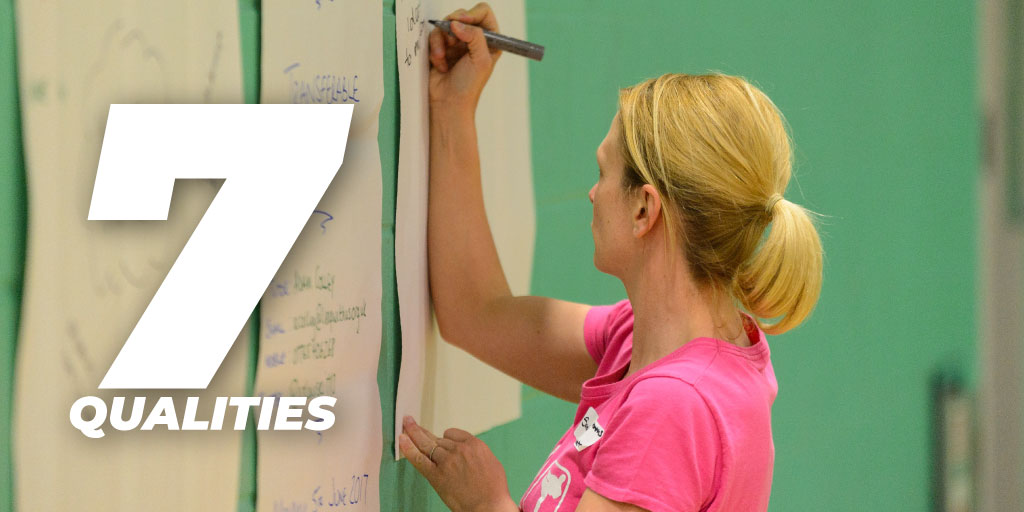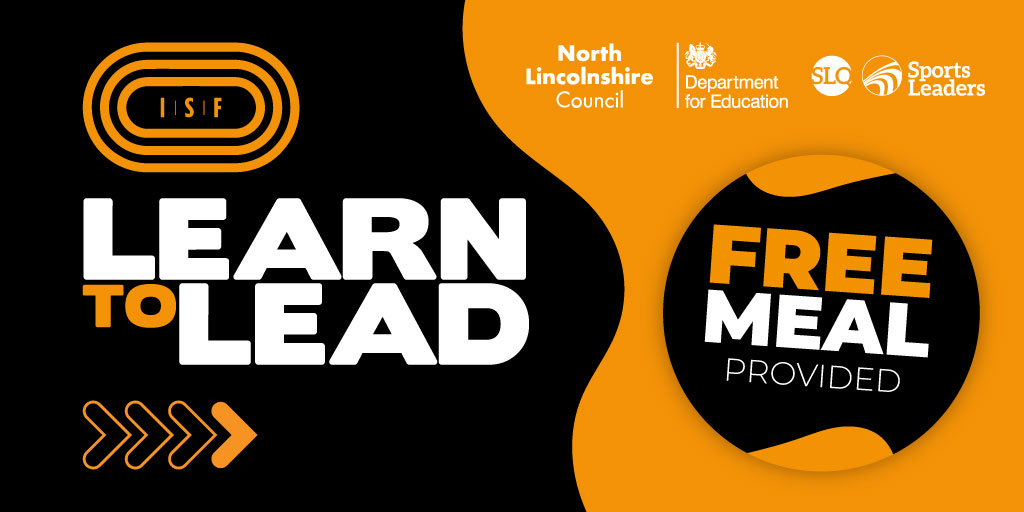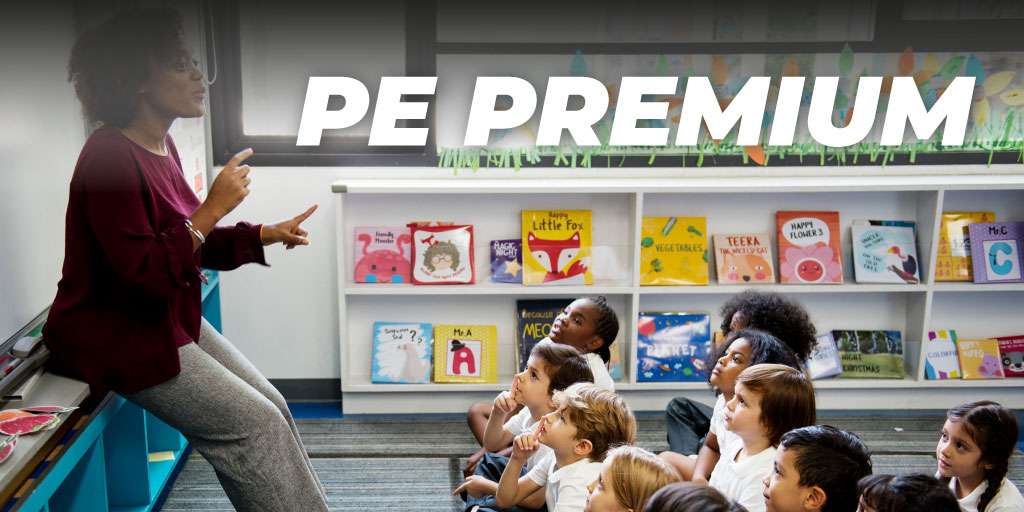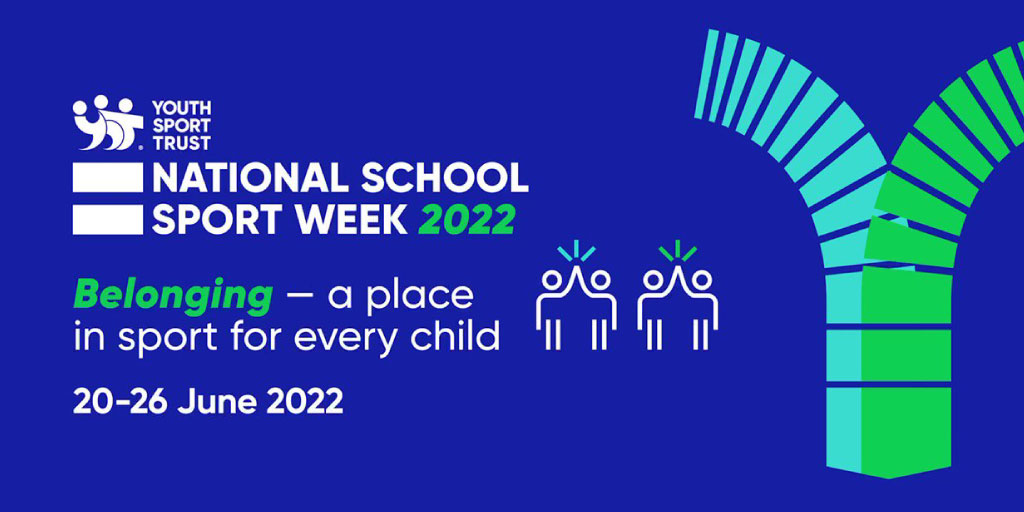A good coach must be more than someone who is passionate about a particular sport. The qualities of a good coach are deeper than just playing sport. They work to improve all physical and learning targets. A good sports coach inspires. Whether participants become athletes or simply efficient teammates in the working world, a good sports coach is an essential part of all physical activity. Here are 7 qualities we believe can help you become a great sports coach:
1. Be a confident communicator
Being a confident communicator is an essential skill for being an effective coach. You need to be able to communicate clearly when giving instructions, feedback and setting goals. Communication is the root of every good coach, as it is what elevates you from someone with a passion for sport to one that can lead and inspire others.
Keep your language simple and acknowledge when your participants have been successful to build morale. Individualising your approach to communication can be key to getting through to different participants. Some may respond to lots of pressure and others to empathy. Learning the language of your participants, whether adults or children is a quality of all successful coaches.
2. Keep up to date and organised
From equipment to class lists and clients, a good sports coach utilises their organisational skills to keep on top of their coaching. You don’t want to be on-site mixing up kids or misplacing equipment!
The more organised you are, the better understanding you’ll have of your skills and your participants’ needs. Good coaches know that keeping their training techniques, whether nutrition, mindfulness or conditioning keeps them on top of their game. The more you know, the more you can adapt your lessons to health crises or even academic skills.
3. Be dependable and disciplined
There’s a tendency that when we think ‘coach’ we think of someone who coaches professional athletes. Such a narrow view doesn’t do a sports coach justice! Many coaches offer people a unique experience, providing the focus and empathy necessary to bridge gaps for people of any background. For many, a sports session or class is a place where they can re-orient themselves.
Whether you’re training an athlete, a child, or an adult, showcasing discipline is essential to keeping them motivated. A good coach is a role model, they understand the rules of their activities and sports they instruct in a simple structured environment for participants.
4. Winning is not their endgame
A good coach knows that participants will learn much more from failure than success. That’s not to say they’ll be rooting for them to fail! Instead, successful coaches give constructive feedback and make every experience one where participants can learn and evolve.
Good coaches teach the value of working with peers and teammates too. Especially when teaching children where the focus is on full engagement not athlete development. Helping them to appreciate their peer’s skill level, they encourage each other and show good sportspersonship, which is an essential sport-based life skill.
5. Be constructively positive
Being positive does not mean avoiding difficult subjects. It’s about using the medium of sport to tackle physical literacy in a positive way. You should highlight a participant’s progress, however small, and give them a goal for the future.
6. Your attitude makes you a role model
Good sports coaches show the right behaviour they want in their participants with their own behaviour. A skill that is even more useful when instructing young minds. How you treat or organise teams, the comments you make and how you treat those who engage and those who don’t engage with the sport can make a big difference to their experience of sport and their later lives.
Let’s say you separate children into teams for a game of Boccia. Going with the whims of children who want to be in certain groups could lead to teams with unfair advantages. This can demoralise other pupils and may cause them to disengage altogether. Trying to mix teams, across friendship groups and strong physical literacy can give each pupil an appreciation of everyone’s skill sets rather than just those they know.
7. Share your knowledge from outside of sport
Physical activity is not a monolith. Bringing in events or information from outside of sport can help your participants see the relevance of sport. According to research performed by Youth Sport Trust, nearly a third of schools opted not to hold PE and Music in favour of academic subjects. A good coach can convince their participants of sports’ relevance to all academic subjects as well as to other organisations, administrations, and schools.








